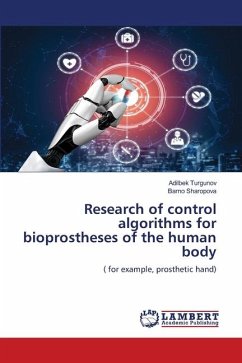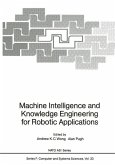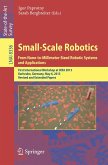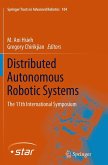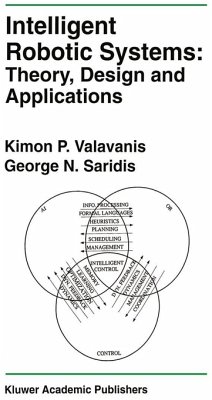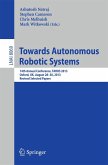Vision is a very important sense to humans and animals. It is mimicked for robots with cameras. However, conventional cameras have a small field of view, which implies that important difficulties might be encountered (such as motion ambiguity, occlusion and lack of information), particularly in robotics. This book is therefore dedicated to omnidirectional vision systems, especially catadioptric cameras, which permit these difficulties to be overcome. A catadioptric camera is a special type of omnidirectional system: it is composed of a camera and a convex mirror, permitting a great enlargement of the field of view and thus acquiring much more information from the environment. The objective of this book is to study the role of omnidirectional vision for robotic applications such as low-level feature extraction, target tracking, motion estimation and 3D reconstruction, while addressing the fundamental issues pertaining to omnidirectional vision. This book is accompanied with OmniToolbox v2.1 , a Matlab toolbox dedicated to omnidirectional vision (freely available on the website of the authors), so that the readers of this book can start working with omnidirectional images directly.



